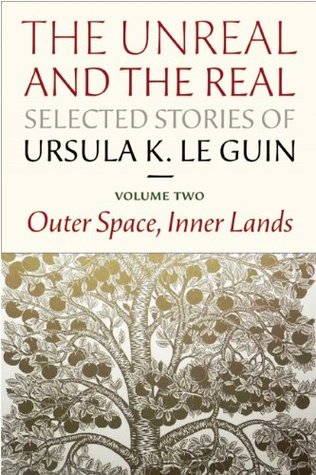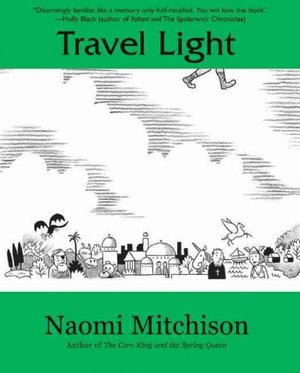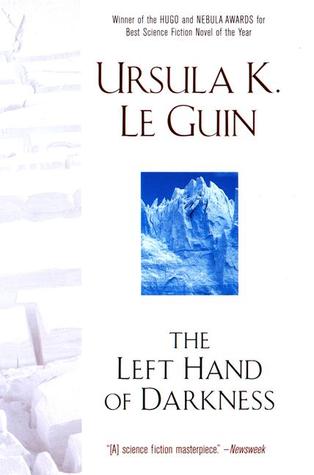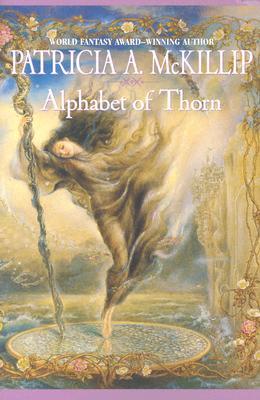This week’s theme is “Top Ten Books I’d Like to Reread”, which is a topic just made for me — the first one in a while I think I could talk for ages about — because I love rereading. Honourable mentions in advance to Chalice and The Hobbit, both of which I already reread recently! And I’m just going to leave it unsaid that I want to reread The Dark is Rising books, since I do that every year.
- Seaward, Susan Cooper. I’ve been meaning to reread this for a while. Heck, by the time this post goes live, I might’ve got round to it already. It’s beautifully written, a bit more mature than The Dark is Rising, and I love the characters a lot. I read it right through the day I got it, I think, at Christmas a couple of years ago. And then I made my partner read it, and my mother, and… everyone else I could get my hands on, really.
- The Lions of Al-Rassan, Guy Gavriel Kay. I think this might be the next book in my chronological-by-publishing-date reread of GGK’s work. I think it’s my mother’s favourite of GGK’s books, and my partner loves it too; I remember liking it, though it wasn’t my favourite, but it’s one of the few I’ve only read once so far (along with Under Heaven, which is too new for me to have reread yet).
- Sunshine, Robin McKinley. This is another I might’ve got round to already by the time this post goes live, because I’m tearing a streak through Robin McKinley’s work lately. Sunshine is one of my favourites; the world-building, the characters and their relationships, all the talk about food… And also, vampires done right, so that they’re genuinely fucking freaky, even Our Hero.
- Kushiel’s Dart, Jacqueline Carey. And pretty much everything by Carey, actually. I love the richness of her writing, and the intrigues of the court in Terre D’Ange. Honestly, if it wasn’t for all the sex and BDSM in the book, I’d recommend it to everyone, because the actual world-building is really cool. But I’m aware it’s not something everyone can be comfortable with.
- The Fire’s Stone, Tanya Huff. I could swear I’ve already talked about wanting to reread this somewhere on the blog, but I can’t find it. I did start a reread recently, but then got interrupted. I’m particularly curious because just before I first read this, my partner and I were working on an original world/plot that was very, very similar in many ways. And I’m looking forward to the relationship between the three main characters, and the way the situation turns out for them all. It’s sweet, feel-good stuff.
- The Winter King, Bernard Cornwell. I’ve always loved the way Cornwell handles the legends. Okay, some of his characters really don’t fit with the legends, and I do like the legends, but at the same time he has one of the most likeable versions of Galahad, and a really interesting take on the magic/reality stuff where the narrator can view it as magic and we can dismiss it as trickery, or maybe not quite.
- The Thief, Megan Whalen Turner. And the rest of the series. It’s easy to read, fun, and does interesting things with the character, the world, etc. I’m less a fan of the most recent book, but I’m still going to try rereading it.
- The Tombs of Atuan, Ursula Le Guin. The whole series, really, but this one is my favourite. It marks a separation from the world of the first book, which is fairly conventional fantasy, and begins to shape a place for women and a different view of the world that’s more in line with Le Guin’s own beliefs. And she’s so good at writing the small clear moments of quiet that really shine (Ged’s hand and the thistle).
- Assassin’s Apprentice, Robin Hobb. It’s been a long time, and I miss Fitz, Nighteyes and Verity. (My mother never liked Verity nearly as much as I do, but I find him one of the most genuine characters of the lot — not subtle, not perfect for his job, but doing what he can and making good despite the difficulty.) And there’s a new Fool trilogy now, which I even got an ARC for originally, so I want to reread everything to get back up to speed for it.
- Sorcerer’s Treason, Sarah Zettel. I remember these being good books, using a less typically Western fantasy setting, with a lot of Russian influence and I think later Asian? I remember finding it very different, at any rate, and I do like Zettel’s work. So, soooon. I hope.
Any of these your own special favourite? Let me know! I comment back to everyone who comments here, both on my post and on your own if you’ve done one.

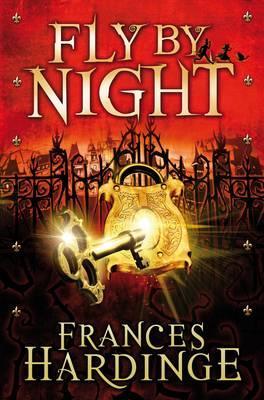
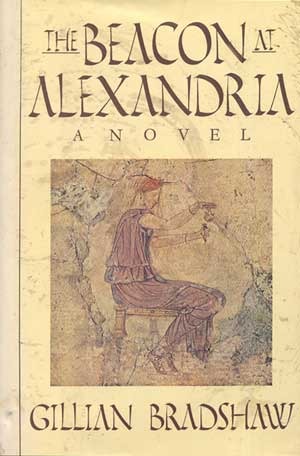 r at a Roman outpost in Thrace until, kidnapped by barbarian Visigoths, she finds her destiny to heal and also to be a woman and a wife.
r at a Roman outpost in Thrace until, kidnapped by barbarian Visigoths, she finds her destiny to heal and also to be a woman and a wife.